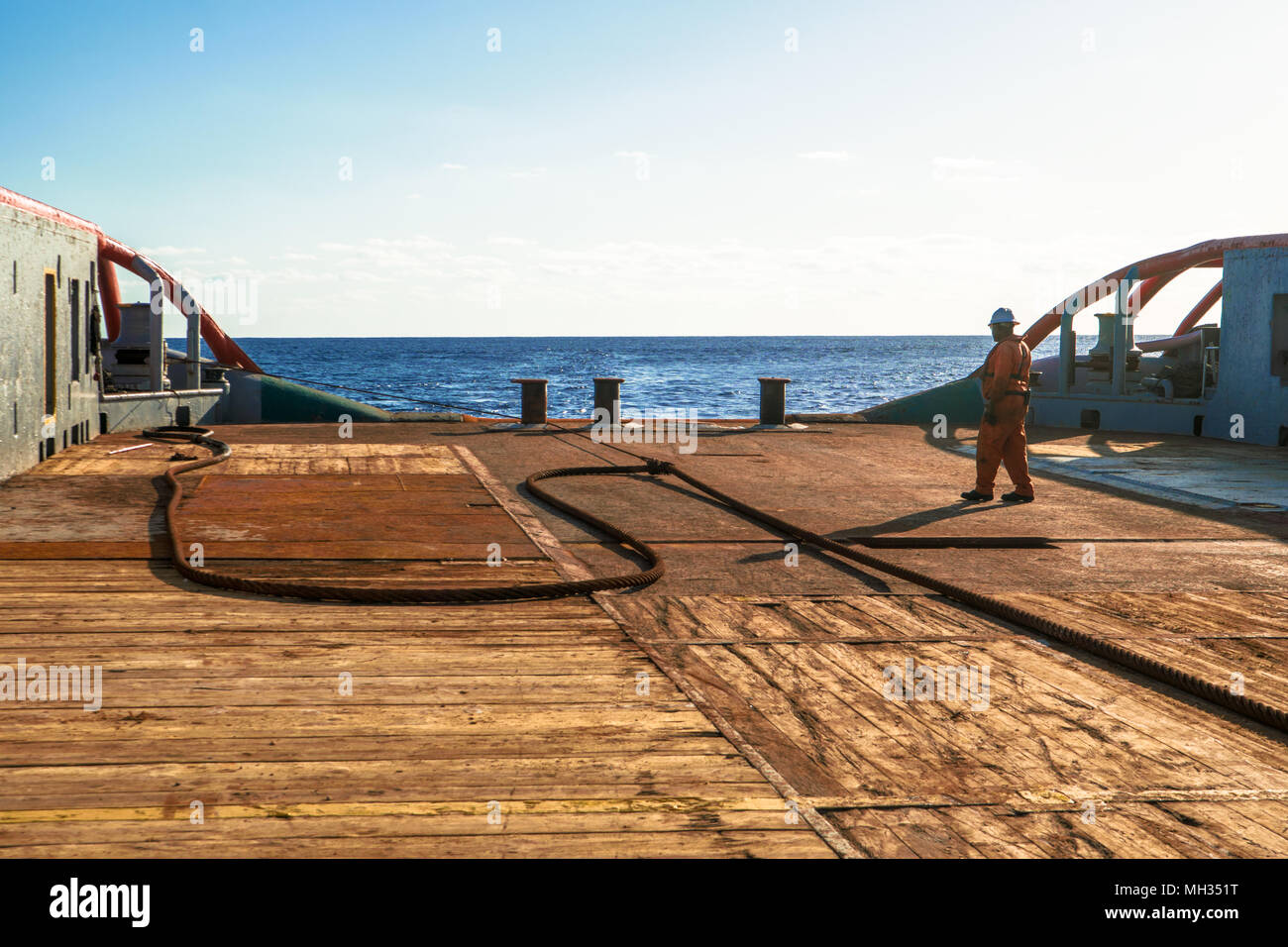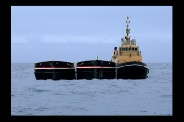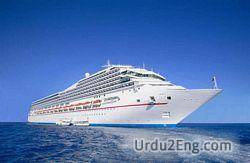

customary towage for the purpose of entering or leaving port or manoeuvring within the port,.The insurance will cover liability arising from: Towage liability is covered in accordance with the Alandia P&I Terms and Conditions and the coverage provided is divided into two parts ġ) Insurance cover for the towed vessel or object (Tow) The P&I insurance covers liabilities which are not and cannot be covered under another insurance, as long as the liability is covered by applicable insurance conditions. The hull insurance excludes damages to third parties caused by the insured vessel while it is towing another vessel or object, and the insurance cover is also suspended when there is no causal connection between the towage and the collision. Collision liability arising while the insured vessel is engaged in towing or caused by the towage is not covered by the hull insurance. The hull insurance covers all liability for collision damages which the tow may incur under a towage contract on ordinary terms. The hull insurance is primarily a property insurance that covers damages to the insured vessel, but it can also cover the liability of the assured arising from collision or striking. Insurance cover for vessels involved in towage The tug owner is liable to compensate the tow owner for their losses only in case the damage or loss is a consequence of fault or neglect on the part of a member of management within the tug company, provided he is not serving as master of the tug or as a crewmember.The tow is assumed liable for damage caused to the tug, the tow and to any third party, even when the damage is caused by negligence on the part of the tug owner or his employees.The Scandinavian Tugowners’ Standard Conditions impose a considerable degree of liability on the owner of the tow and relieve the tug owner from liability, which protects the tug company from liability to a significant extent.Scandinavian Tugowners’ Standard Conditions
#Towing vessel meaning full

The Towcon and Towhire contracts established by Bimco employ standard conditions widely used in the industry.Standard forms of contract of towage designed specifically for the towage industry have been developed in order to simplify negotiations regarding a contractual agreement between the tug and the tow. Towage should always be based on a contractual agreement between the owner of the towed object and the towing company. Liability and insurance cover in respect of towage In order to ensure that vessels involved in such towage operations will have the right insurance protection, we have gathered some useful information regarding the standard forms of contract widely used in the industry as well as information about the insurance cover for vessels involved in towage. In such cases, the insurance coverage will be affected.

In the handling of claims concerning towage operations, it has been noted that in some cases, towage operations are carried out without a written agreement.


 0 kommentar(er)
0 kommentar(er)
